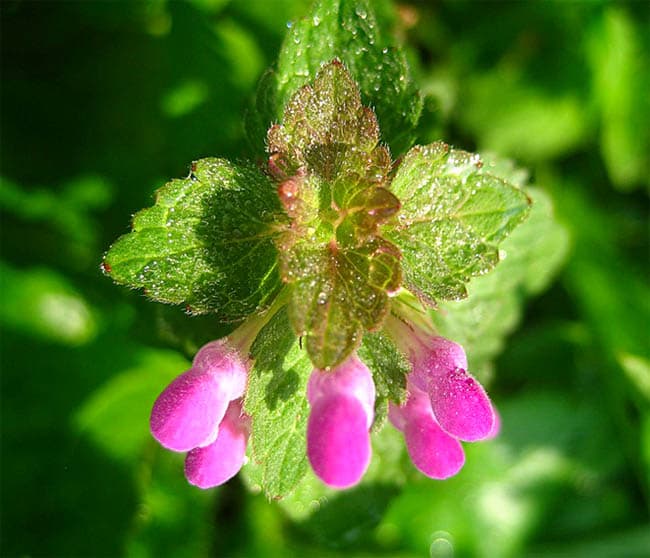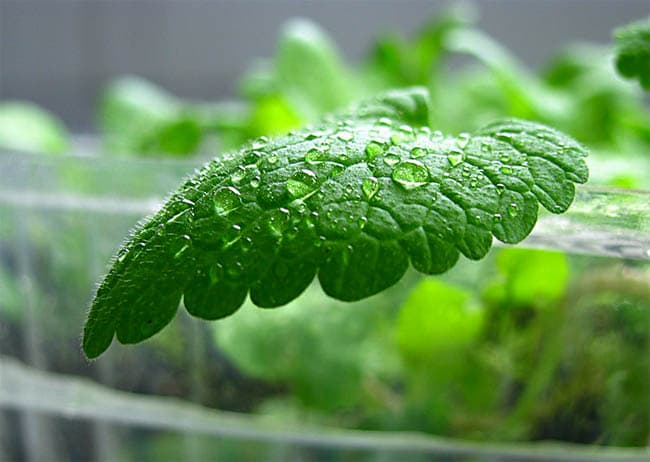Tonic plant with a lemon scent. Perennial spicy-flavouring heat-loving plant 100-120 cm is high.
Melissa lemon is an excellent honey plant, a popular spice and seasoning, as well as a medicinal plant that is used in medicine in the form of infusions and compresses, as a sedative for insomnia, neuralgia, asthma, and anaemia. As a diaphoretic and laxative. The plant is relatively cold-resistant, demanding fertility and soil moisture.
Melissa officinalis - Mediterranean forest plant. It has a light, pleasant aroma, which is why the name of this plant comes from the word "honey". It grows in a dense curtain, the stems are straight, branched, softly pubescent, up to 100 cm high. The leaves are simple, serrate, and light green. The flowers are whitish-pinkish, located in the axils of the leaves, open from July to August.
1,0 g = 1650 seeds.

Location: prefers a sunny location, but tolerates light shade.
Soil: planted in loose, well-drained, fertile soil.
Diseases and pests: practically not damaged.
Reproduction: lemon balm is propagated by seeds (sowing - in February, and in May, seedlings are planted in the ground) and dividing the bush. The bush is divided either at the beginning of May (the beginning of the growth of shoots) or at the end of August. The young plants are planted in a permanent place. Melissa grows quickly and blooms in the first year.
Use: its dense, strict bushes will decorate lightly shaded areas of the garden.
In addition, lemon balm is a very useful plant: its aroma improves mood, phytoncides purify the air, and flowers and leaves are an excellent medicine.

Common balm, lemon balm, balm mint, cure-all, dropsy plant, garden balm, melissa, sweet balm. Deu.: Zitronenmelisse. Bot. syn.: Melissa cordifolia Pers.















